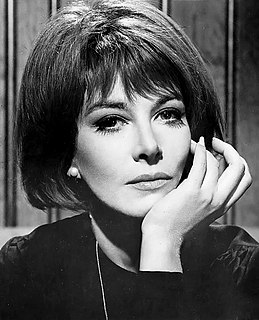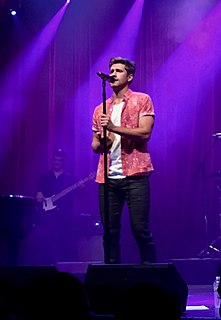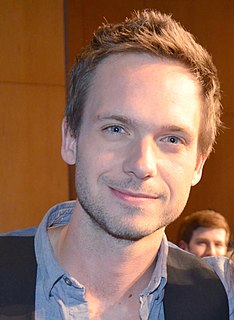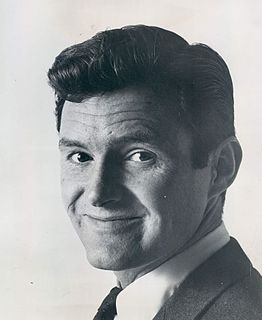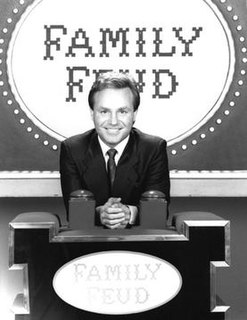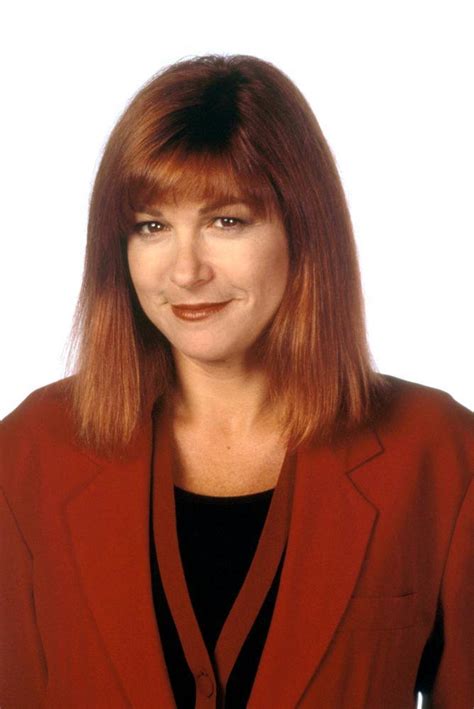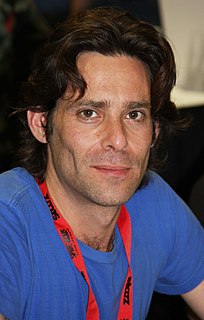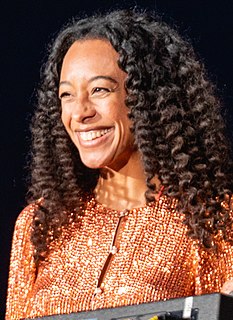A Quote by Lee Grant
Film and television were out. I was 24, and it went on until I was 36. For an actor, those are your years. I got a great urgency and education during the blacklist, and it made me grow up in a way I never could have before, and in very good ways, too.
Related Quotes
I like the way [Marcus Lemonis] thinks. He's made me think about things in a different way. He's made me want to support small businesses in a very real way, seeing what these small-business owners go through and the struggle it is and the courage it takes to put your heart and money behind things at a 24-hour job. I think I relate to that as an actress and a writer and someone who works freelance, in many ways. It never ends, you never clock out. You've always got to keep things moving.
In this day and age, if you're aspiring to be an actor, and you're putting all your eggs in one basket, you could be disappointed. I started out as an actor, but I forced myself to be a writer, even though I wasn't very good at it and had never written. I don't think I ever passed an English course in my life. My first 8 to 10 scripts were pretty horrendous, but I stayed at it until I eventually found a voice and a subject that people were interested in. So, I recommend that you go out and try to be as versatile as possible: writer, actor, producer and especially director.
My mother gave me very good advice years ago. I grew up in the Great Depression and she always told me to get a good little basic black dress - well-cut, well-made, good fabric - and it could take me through everything. I could go to the office in the morning and stay out all day in the same dress. Just by changing accessories, because they are so transformative, you can make six different outfits. I find that very useful. My mother worshipped at the altar of accessories and I'm an accessory freak, as everybody knows. That, I got from my mother.
There are many interactions that an actor like me has in public when he gets recognized. The best are 'You're a great actor, good work,' and move on. A very good interaction could be when they say 'You were awesome on 'The West Wing,'' 'Loved 'In Her Shoes,' great movie,' ''What Women Want,' good job dude.
There are many interactions that an actor like me has in public when he gets recognized. The best are 'You're a great actor, good work,' and move on. A very good interaction could be when they say 'You were awesome on 'The West Wing,' 'Loved 'In Her Shoes,' great movie,' 'What Women Want,' good job dude.'
Film and television as a medium has only very recently begun to be taught at the great drama schools in the UK. When I was at drama school in the UK, I was there for two and a half years, and we did one week of television and film. It's right before you leave. It's like, "We've taught you Anton Chekhov and William Shakespeare, you are likely to be in a washing-up soap-liquid commercial."
Early on in my career, when I had basically been a sitcom actor for all of these years, and I made my first movies, and they were comedies, and they were successes, it was very important for me to stretch, and 'Parenthood' was one of those films. Even though it was a comedy, there was a great deal of authentic drama in the piece as well.
